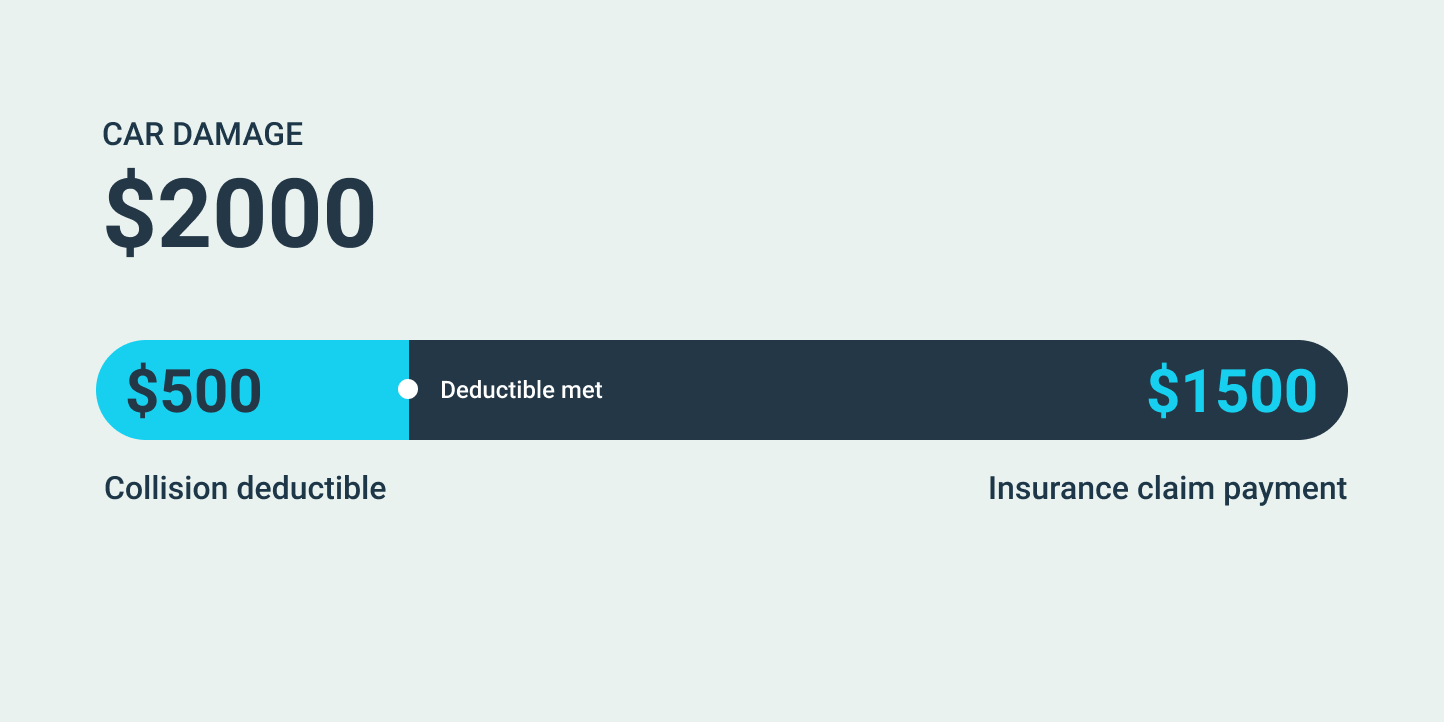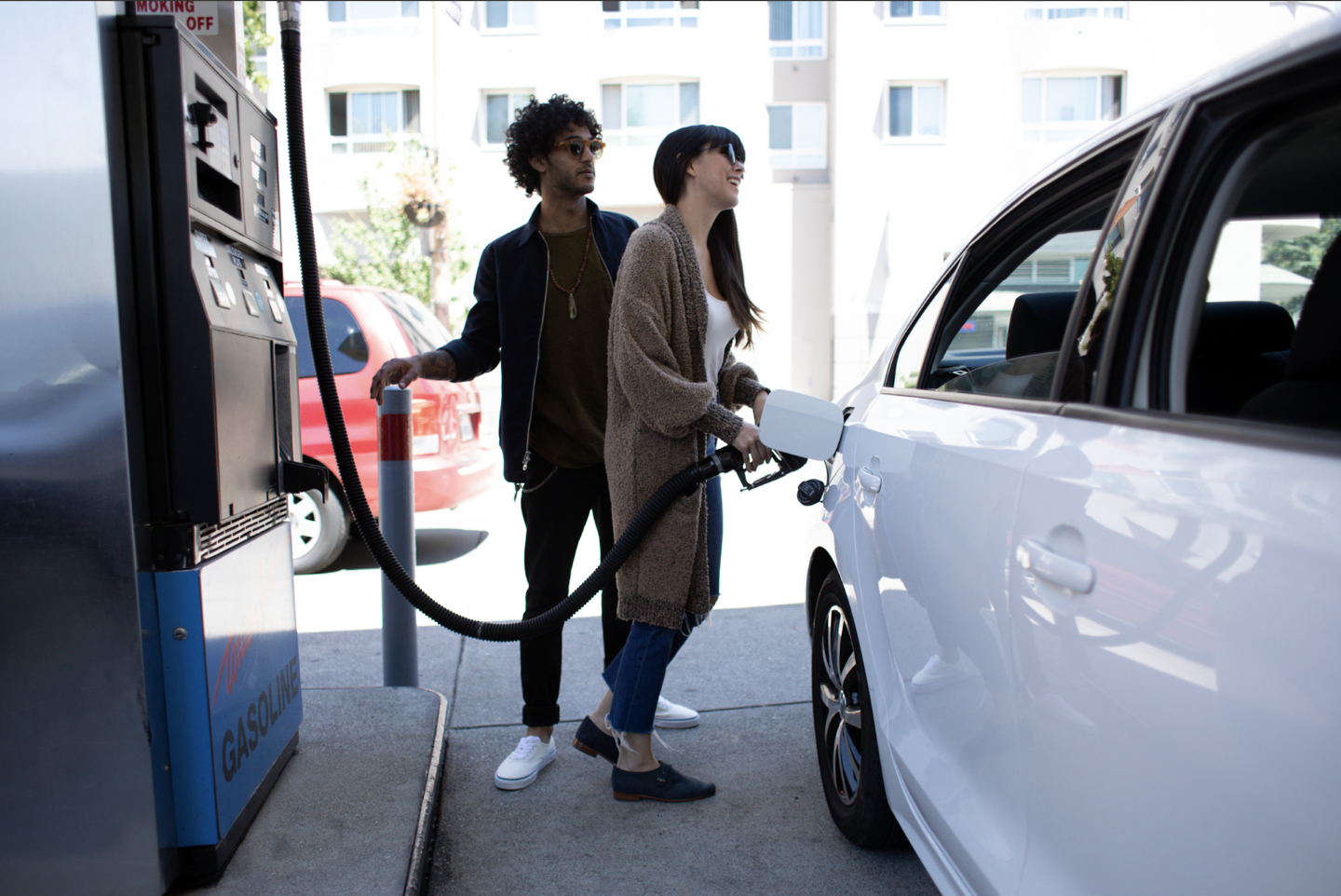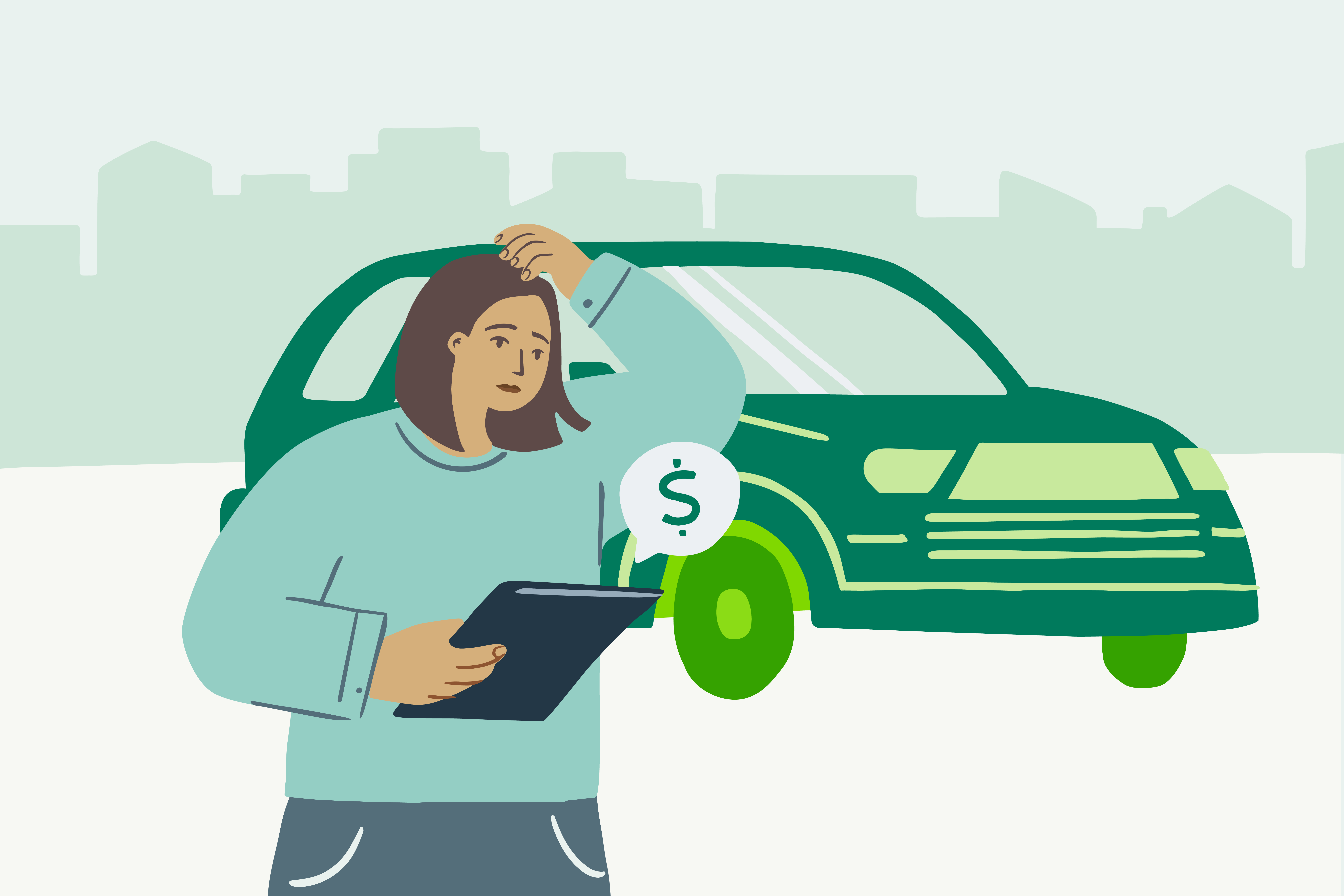16 things to know about car insurance deductibles
August 12, 2021
Deductibles are one of the more confusing aspects of car insurance and we get a lot of questions about them.
We can help clear some of them up—16 to be exact.
Car insurance deductibles, which are included with some coverages, are used to ensure you only pay a certain amount of money in the event of a car accident. To help get you in the know, here’s our HiRoad take on 16 questions about car insurance deductibles.
1. What is a car insurance deductible?
In the event of a covered accident, a deductible is the amount you pay out of pocket before insurance takes over. This deductible amount is subtracted from the total damages.
2. How do car insurance deductibles work?
First, you will be asked to select a deductible amount if you opt for Comprehensive or Collision coverage on your auto policy. In the event of an accident where your car is damaged, a claim is then filed with your auto insurer. Your insurer will then issue you or your lender (only when the vehicle is a total loss) a claims check which is reduced by the amount of your deductible.
For instance, if you run into a guardrail and the damage to your car was $2K. If you have a $500 Collision deductible, you would be responsible for the $500 and your insurer would pay the remaining $1,500 to repair your car.

3. If my car is damaged, do I have to pay a deductible for both comprehensive and collision coverage?
To break it down, Comprehensive coverage typically covers damage from fire, vandalism or falling objects like a tree or hail. Collision coverage will cover damages to your vehicle if you are in an accident or collision.
In the event your vehicle is damaged, only one coverage—Comprehensive or Collision—and its respective deductible will apply, based on how the vehicle was damaged.
So before you think having only state-required coverage is a better financial move, think twice about having a car insurance policy that includes both Collision and Comprehensive coverages.
4. How does a deductible affect car insurance?
Choosing a deductible amount for Comprehensive or Collision coverage is a personal choice. There are things to consider before making a decision—driving history, personal finances and whether your vehicle is financed.
Typically speaking, the higher your deductible, the lower your monthly premium will be. In an estimate given by the
Insurance Information Institute, “increasing your deductible from $200 to $500 could reduce your collision and comprehensive coverage cost by 15 to 30 percent.”5. Who pays the deductible?
You are responsible for paying the deductible. However, if you’re found not at-fault for the accident, your car insurer will likely attempt to reclaim the sum from the insurer of the driver who was considered to be at-fault.
At HiRoad, we will try to recover your deductible for you from the at-fault driver’s insurance company. If we are successful, you will get that money back directly.
6. Does glass damage apply to my car insurance deductible?
In the event the glass of your vehicle is damaged and a claim is filed, Comprehensive coverage (if carried) generally requires you to pay your deductible amount. There are a few states that mandate the availability of “zero deductible” Comprehensive coverage policies which don’t apply a deductible for glass claims.
If you choose to add “zero deductible” glass protection to your Comprehensive coverage, it will raise the price of your coverage, and ultimately your premium.
7. Which coverages require a car insurance deductible?
Comprehensive and Collision are the most commonly thought of coverages with a deductible. In some cases, deductibles apply to other coverages such as Personal Injury Protection (PIP) or Uninsured Motorist Property Damage coverages. This varies by state.
8. What is the average auto insurance deductible?
Most people will opt to balance the cost of coverage, their responsibilities if there is an accident and their lender requirements by selecting a $500 or $1000 deductible.
9. When do I pay for an auto insurance deductible?
When you have a covered accident, the auto insurance deductible reduces the amount that your insurer will pay to repair or replace your car. If your car is being repaired, you would pay the repair company the deductible amount towards getting your car fixed. If your car is totaled, the deductible amount is deducted from the amount your insurer will pay for your car so you can replace it.
10. What is the difference between a high and low deductible?
With higher car insurance deductibles, you’re likely to pay a lower monthly premium but in the event of an accident or claim, you will pay more out-of-pocket.
Lower car insurance deductibles involve a higher monthly premium, but in the event a claim is filed, you’re left paying a lower out-of-pocket amount.
11. Does my car lender have deductible requirements?
If you finance or lease a vehicle, your lender will require you to carry Collision and Comprehensive coverages, usually with no higher than a $500 deductible.
12. Can a car insurance deductible be waived?
If your car is damaged in an accident where you are not at-fault, you have an option to have your damages paid for by the other driver’s insurance which won’t require you to pay your deductible.
If you choose to have HiRoad handle your claim you will need to pay your deductible, but we will try to recover it for you from the other driver’s insurance. If we are able to recover it, we will reimburse you for the deductible amount you paid.
13. Do I pay for the car insurance deductible if I’m not at-fault?
If, after all is said and done, you are found not at-fault, your insurer will contact the other driver’s insurance provider to attempt to recover reimbursement for the damages, including your deductible. If we are successful, you’ll be refunded your car insurance deductible.
HiRoad tip: If you're not at-fault, you can always seek payment from the at-fault drivers insurance whether you have Collision coverage or not. In addition, if your state offers Uninsured Motorist Property Damage coverage you may also recover from that coverage if the other driver is not insured.
14. Do I pay a deductible if I hit a car?
When you hit another car, Liability coverage on your policy applies to the damages to the other car. There is no deductible for Liability coverage. Damages to your car would be covered under Collision coverage if you have it, and your deductible would apply.
15. What if my car insurance deductible costs more than repairs?
For incidents with minor damages to only your insured vehicle, it may be best to contact your insurer to verify your deductible and learn about your options. If the minor damage involves another vehicle or property of others, they can help you with the claim process.
16. What happens if I don’t pay my deductible?
The deductible amount will be required to complete repairs on your vehicle. If your car is totalled, you don’t pay the deductible but it does reduce the amount the insurance company pays for the value of your totalled car.
Are you ready to join HiRoad®?
We saved the best question for last. And we hope we haven’t put you entirely asleep reading about car insurance deductibles. If you’ve stayed with us and read all there is to know about deductibles—consider yourself an expert. At HiRoad, we offer several deductible options to help fit your lifestyle because it pays to be you®.
To help answer questions regarding our auto insurance deductible options or questions in general, let’s connect. Reach out to our Customer Care team today with a chat, call or email.
The information in this article was obtained from various sources not associated with HiRoad®. While we believe it to be reliable and accurate, we do not warrant the accuracy or reliability of the information. HiRoad is not responsible for, and does not endorse or approve, either implicitly or explicitly, the content of any third party sites that might be hyperlinked from this page. The information is not intended to replace manuals, instructions or information provided by a manufacturer or the advice of a qualified professional, or to affect coverage under any applicable insurance policy. These suggestions are not a complete list of every loss control measure. HiRoad makes no guarantees of results from use of this information.Stay on the path
Get HiRoad in your inbox
Share your email to get the latest about our community of mindful drivers.



